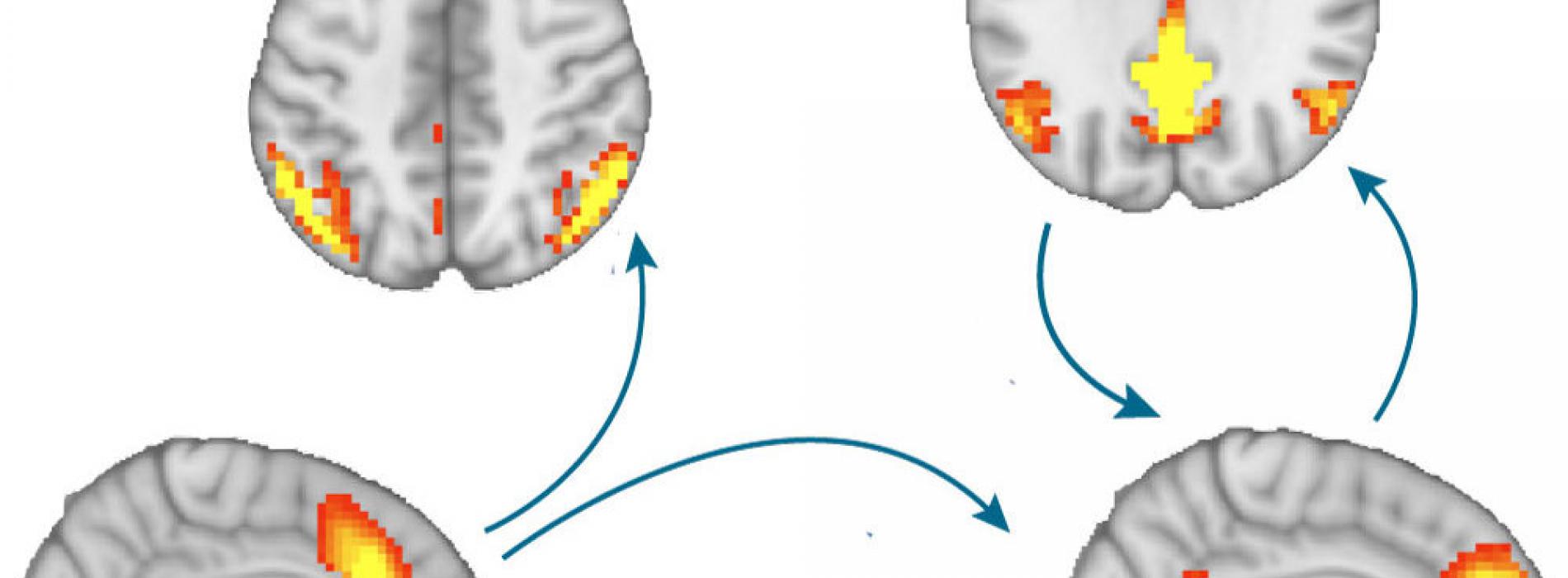
 News
News
Is schizophrenia the cost of a poor brain optimisation?
Patients with 22q11.2 deletion syndrome have a high risk of developing schizophrenia. According to a recent study by neuroscientists from Synapsy, the Swiss National Research Centre of Competences in Research into Mental Illness, their brains seems to use energy in a non-optimal fashion when thinking.
Knowing how much energy the brain consumes for thinking has always been a source of heated debate in the neuroscientific community. The reason is simple: the brain is a very energy-intensive organ, and almost all cerebral pathologies are linked, directly or indirectly, to cerebral energy metabolism. Psychosis is a term used in psychiatry to refer to an abnormal state of mind – and, by extension, of thinking – that typically appears in psychiatric disorders such as schizophrenia. Consequently, the task is particularly difficult since thinking (whether psychotic or not) involves several states of brain activity and, it follows, a huge number of interdependent neural networks.
In spite of the obvious difficulty, Daniela Zöller, who was supported by Synapsy’s research fund for her PhD and postdoctoral research conjointly at the laboratory of Stephan Eliez, UniGE, and the one of Dimitri Van De Ville, EPFL and UniGE, set out to understand whether people at risk of developing schizophrenia had a defect in the energy states associated with thinking. “Schizophrenia is a brain development disorder”, she begins. “It doesn’t manifest itself until adolescence or the onset of adulthood. Detecting early markers of the disorder before it develops could help to prevent it.” This is why the neuroscientist focused on patients with 22q11.2 deletion syndrome – a genetic defect that increases the risk of developing schizophrenia – in a study published in the scientific journal Human Brain Mapping.
to read the full press release, please visit the following web-site.